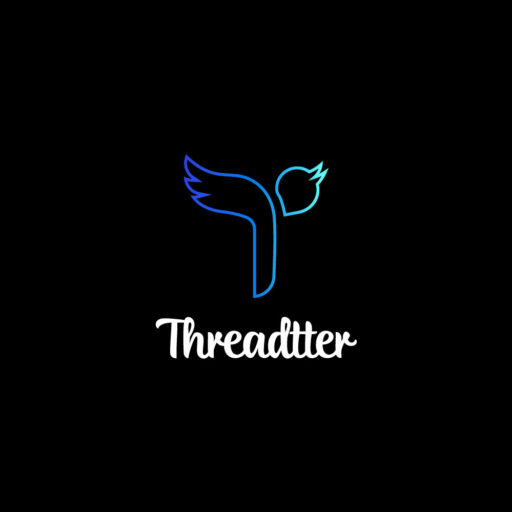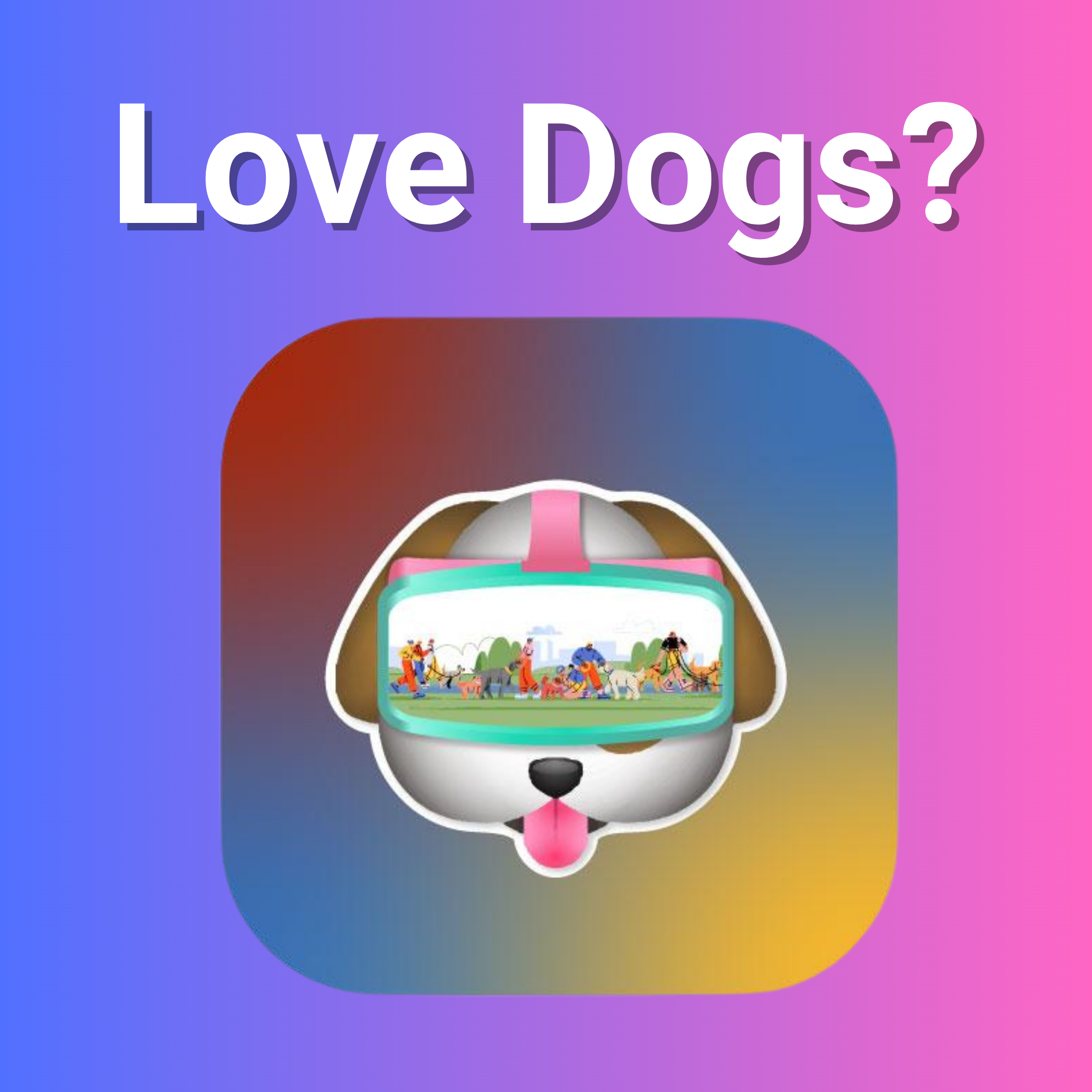Mark Zuckerberg, CEO of Meta (formerly Facebook), has reignited the debate on open-source AI with a recent interview. In a surprising turn, Zuckerberg took a swipe at unnamed competitors, accusing them of harboring a God complex with their closed-source approaches. Let’s delve into his comments and explore the potential implications for the future of AI development.
Zuckerberg, a vocal proponent of open-source AI, criticized the notion of a singular, dominant AI controlled by one company. He argued against the “hoarding” of AI technology and emphasized the need for diverse AI systems reflecting a variety of interests. His most eye-catching remark likened these closed-source efforts to “creating God.”
This hyperbolic statement is sure to spark debate. Here’s why Zuckerberg’s comments hold weight:
- Open Source Fosters Collaboration: Sharing AI code and algorithms allows for faster development and innovation. A wider pool of minds can identify and fix flaws, leading to more robust and reliable AI systems.
- Diversity of Thought: Closed-source AI developed by a single entity might reflect a limited perspective. Open-source encourages contributions from various individuals and organizations, leading to AI that caters to a wider range of needs and applications.
- Transparency and Trust: Open-source AI fosters trust and allows for public scrutiny. This transparency can be crucial in addressing concerns about AI bias and potential misuse.
However, closed-source AI also has its defenders:
- Commercialization and Control: Companies invest heavily in researching and developing AI. Keeping the code confidential allows them to recoup their investment and maintain a competitive edge.
- Protecting Intellectual Property: Open-source development can lead to the misuse or misappropriation of intellectual property. Closed-source allows for stricter control over how the AI is used.
- Security Concerns: Open-source code might be vulnerable to exploitation by malicious actors. Closed-source development offers more control over who can access and modify the AI.
Zuckerberg’s comments highlight the ongoing debate about the best approach to AI development. Whether the future holds a collaborative, open-source environment or one dominated by a few powerful players with their proprietary AI remains to be seen.
Here are some potential consequences of Zuckerberg’s stance:
- Increased Focus on Open-Source AI: His comments might further encourage investment in and development of open-source AI projects.
- Collaboration Among Tech Giants: There could be a push for greater collaboration between tech companies on open-source AI initiatives.
- Regulatory Scrutiny: Governments might take a closer look at the development and use of closed-source AI, particularly regarding potential anti-competitive practices.
The future of AI is likely to be shaped by a combination of both open-source and closed-source approaches. Zuckerberg’s provocative statement serves as a reminder of the importance of fostering a diverse and open ecosystem for AI development. Only through a collaborative effort can we ensure AI is used responsibly and for the benefit of all.


